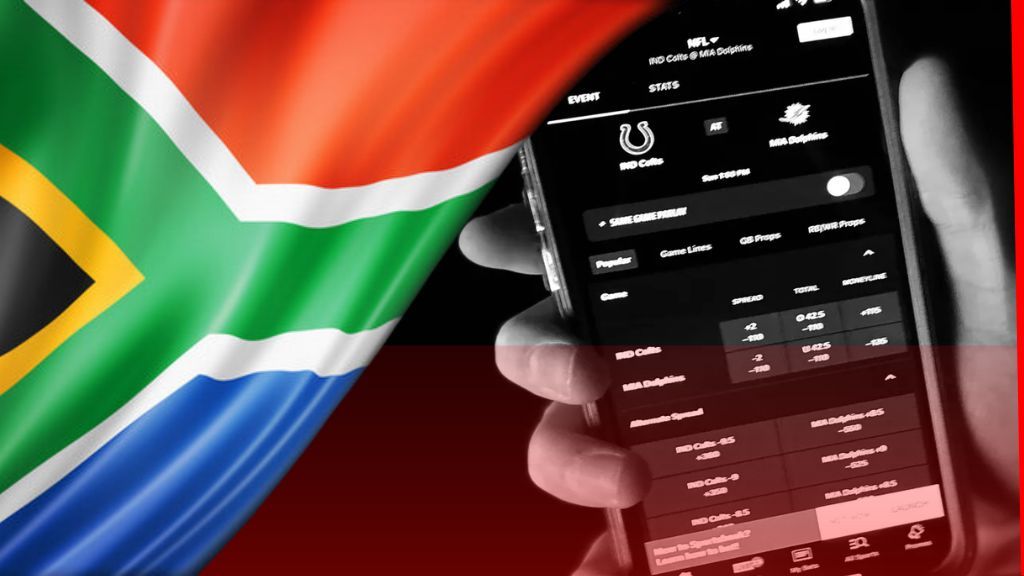
South African lawmakers are proposing the introduction of a “sin tax” on gambling, similar to levies imposed on tobacco and alcohol. The move follows a sharp rise in gambling activity, raising concerns over addiction and financial hardship among citizens.
For the unaware, a “sin tax” is a levy imposed on goods or activities deemed harmful, such as alcohol and tobacco.
In South Africa, lawmakers argue that gambling should fall under the same category due to its impact on public welfare. The proposed tax aims to generate additional revenue, which would be used to fund addiction treatment programmes and responsible gambling initiatives.
MP Makashule Gana has been a vocal advocate for stricter gambling regulations, describing the country’s current laws as outdated. He believes the existing framework does not adequately address the challenges posed by modern gambling, especially in the online sector.
Gana has also suggested harmonising the Remote Gambling Bill and the National Gambling Amendment Bill to create a more effective regulatory structure.
One of his primary concerns is the aggressive marketing tactics employed by gambling operators. He argues that excessive advertisements and influencer promotions give the misleading impression that winning is easy.
As a result, lawmakers are pushing for tighter restrictions on gambling ads, particularly on television and social media. Proposals include limiting their airtime and ensuring they do not target vulnerable groups, such as minors and low-income individuals.
In the 2023/2024 financial year, South Africans wagered an estimated ZAR 1.1 trillion (€54 billion), marking a 40.2 percent increase from the previous year. Gross gambling revenue also surged by 25.7 percent, reaching ZAR 59.3 billion (€2.9 billion).
While these figures look promising for the industry’s rapid expansion, they also reflect a deeper societal issue as gambling addiction is mounting rapidly.
A study by Bettabets found that 70 percent of gamblers bet to cope with the rising cost of living rather than for entertainment. Alarmingly, 27 percent of winners spent their money immediately, often leading to financial distress.
Young people are particularly susceptible to this gambling addiction. Another survey by InfoQuest found that young South Africans who participated in online gambling and sports betting did so on average 11 times a month, with 36 percent putting back their winnings into further bets. This cycle is leading to long-term financial instability, mental health issues, and declining academic performance.
Despite its risks, gambling remains a significant part of South Africa’s economy. Lawmakers continue to debate the proposed tax, weighing its potential benefits against industry concerns.